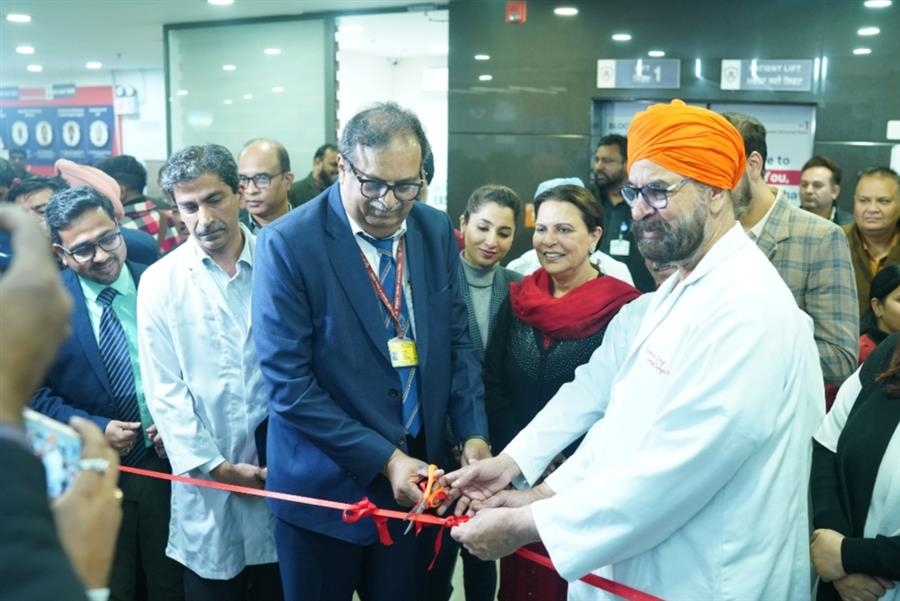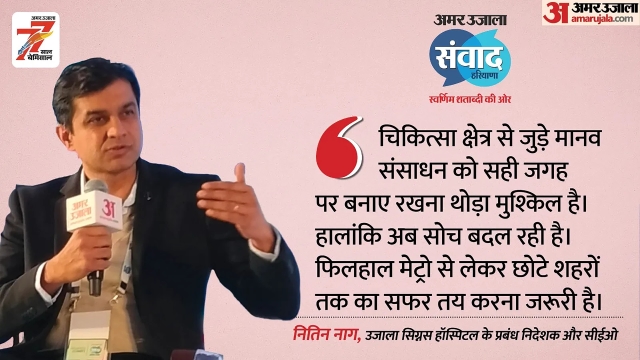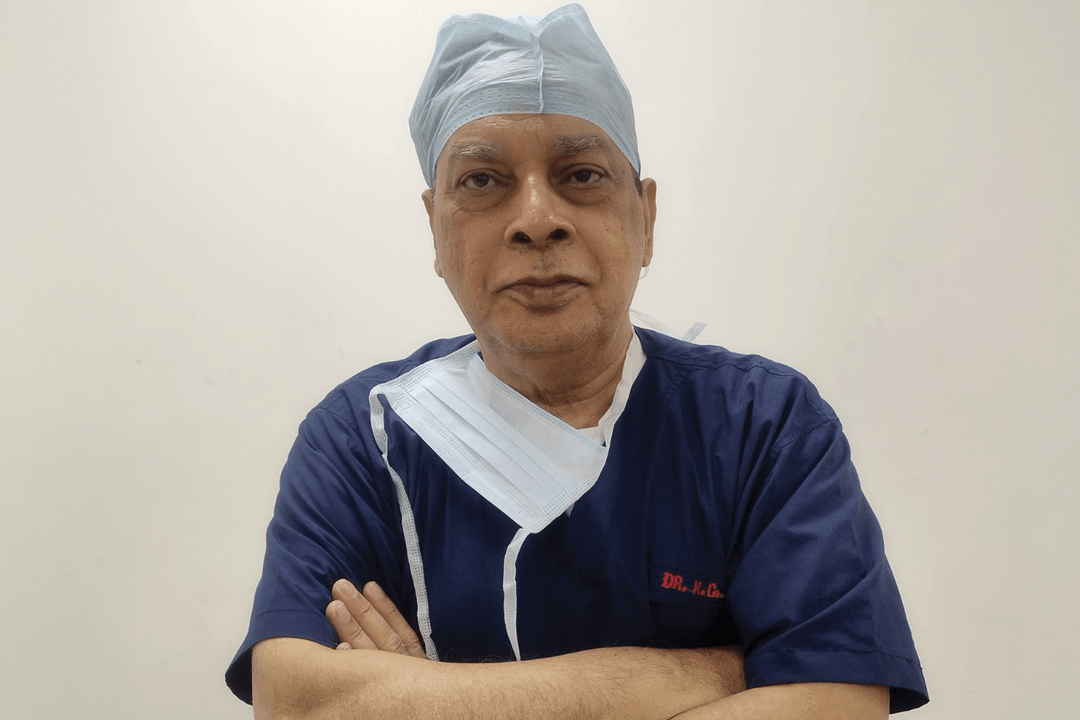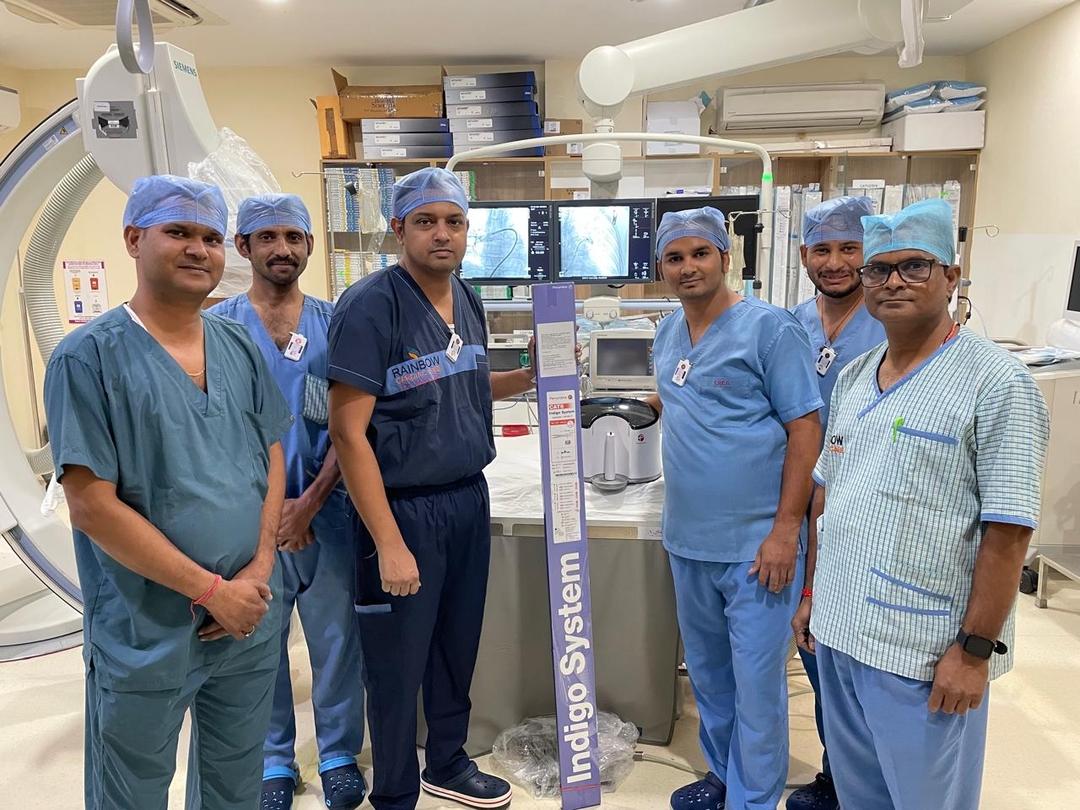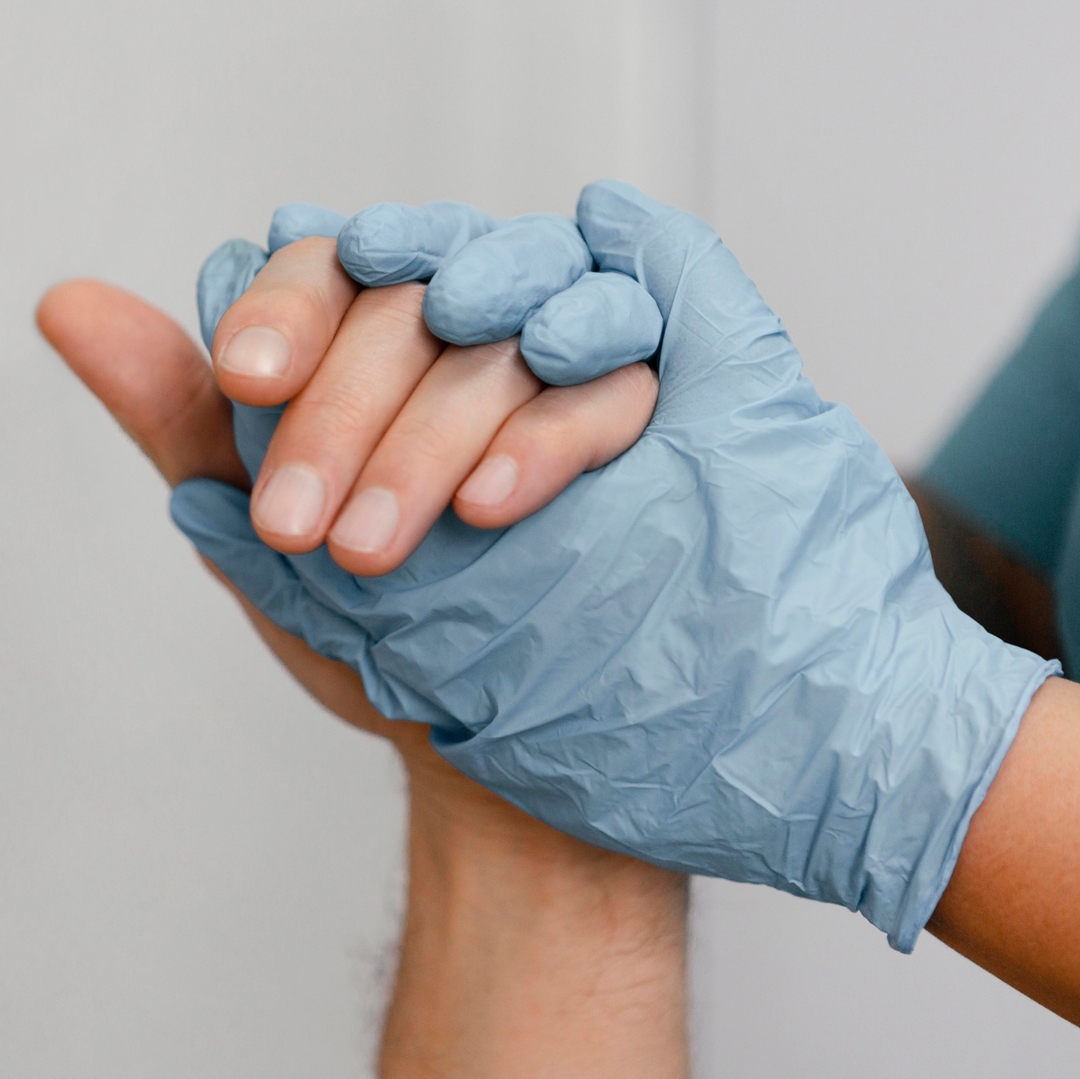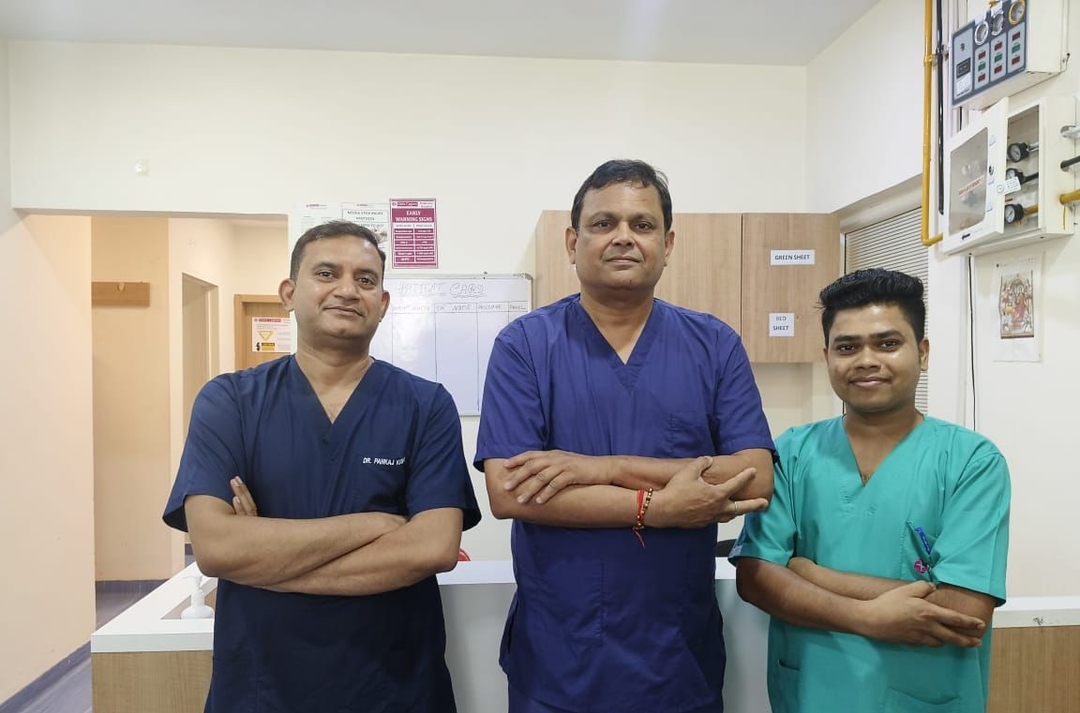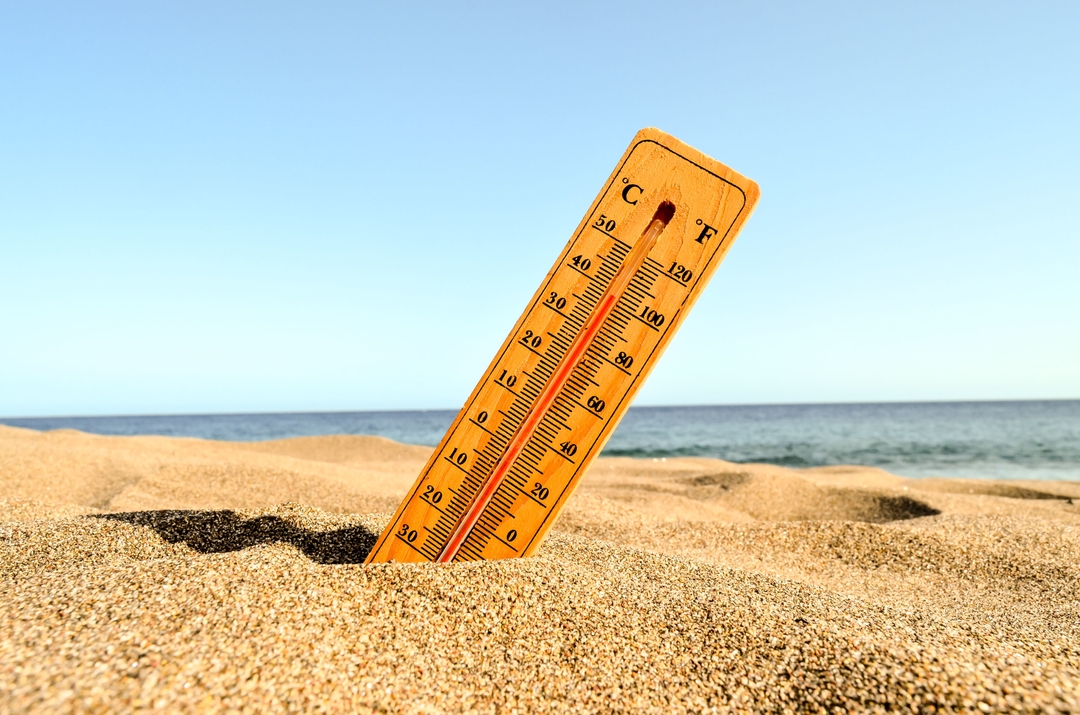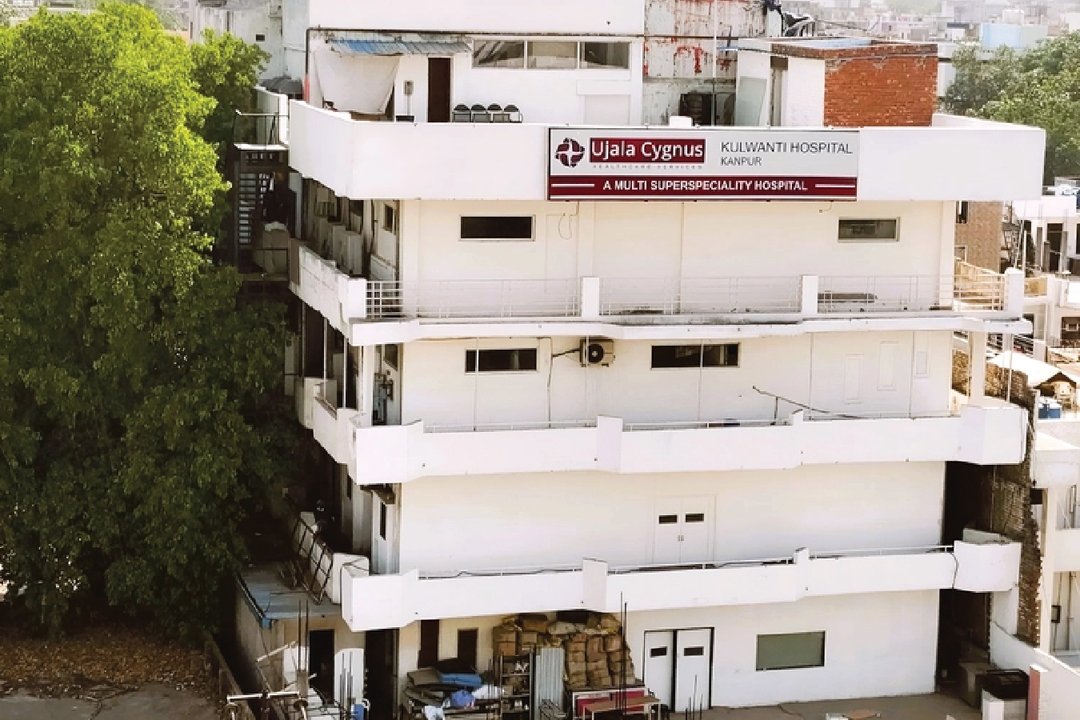
Get A Clarity On Symptoms and Types Of Hernia
By Ujala Cygnus
Reviewed by : Jalaz Jain
February 22, 2022
A hernia occurs when an organ or tissue, such as the bowel, passes through the cavity wall in which it usually dwells. A hernia is of several types, but the groin is the most traditionally affected area.
A Variety Of Factors Causes Hernia.
Hernias are formed by a combination of pressure and weakness or opening in the fascia or muscle. Muscle weakness can be present before birth, but it is more common later in life. The tension pushes the tissue or organ through an outlet or a weak spot. A hernia can be caused by anything that creates an increase in abdominal pressure, such as:
Lifting large objects without using the abdominal muscles to keep them stable
Diarrhea or constipation
Constant sneezing or coughing
Similarly, obesity, poor food habits, and smoking can also strain muscles and make it more probable for hernias to occur.
Types Of Hernia
An inguinal hernia happens when tissue, such as a section of the intestine, protrudes through a weak area in the abdominal muscles.
When you cough, bend over or lift a significant thing, the succeeding bulge might be unpleasant. An inguinal hernia isn’t always harmful.
A femoral hernia occurs when tissues or sections of the intestine push through the top of the inner thigh into the groin. They afflict mostly older women and are less common than inguinal hernias.
When fatty tissue or a section of the intestine pushes through the abdomen near the navel, it’s called an umbilical hernia.
A Hiatal (hiatus) hernia occurs when a portion of the stomach pushes up into the chest cavity through a diaphragm opening.
More Types Of Hernias
An incisional hernia is a hernia that develops in the region of a previous surgical incision.
Epigastric hernias are tiny hernias that develop in the center of the stomach, between the breastbone and the belly button.
Spigelian hernias, unlike other types of hernias, occur in the center of the abdominal muscles and develop behind the layers of fat. As a result, Spigelian hernias may not appear as a bump or protrusion.
When the abdominal organs move into the chest through an opening in the diaphragm, it is called a diaphragmatic hernia.
Different Causes of Hernia
A hernia forms due to a combination of abdominal wall muscular weakness and sustained strain on this weakness. The following are some of the reasons:
Hernia Signs and Symptoms
The following are signs that you or a loved one may have a hernia:
Treatment
Abdominal wall hernias that cause no symptoms may not even need to be treated. You need to consult a doctor about your options, which are likely to include surgery or a period of observation. Larger or more painful hernias may require surgery to ease pain and prevent complications.
Open and minimally invasive surgery are the two forms of surgical hernia repair. The type of surgery you receive will be determined by the degree and type of hernia you have, the expected recovery period, your medical history, and the surgeon’s skill.
Surgery is the safest way to get rid of hernia problems. Laparoscopy surgery is one of the best minimally invasive methods of treating hernia. The abdomen is inflated with gas in this procedure, and a camera is inserted through a small aperture. Laparoscopy ensures faster healing and less misery.
Robotic hernia repair is also one of the most demanding surgery types for hernia, and it is performed with small incisions just like done in laparoscopic surgery.
Hernia Prevention
Hernia can be prevented if you develop a habit of consuming a healthy diet and doing regular exercise. You should also eat the right fruit, vegetables, and whole grains and avoid lifting heavy objects. Individuals suffering from persistent cough or sneezing should immediately consult their doctor as constant coughing triggers hernia recurrence. Checking smoking habits can also prevent hernia-related issues.
Frequently Asked Questions ( FAQ)
There are various reasons which can lead to hernia disorder. Most of the factors contributing to the development of hernia include older age, obesity which enhances the pressure on the abdominal muscles. There are even instances when there is a sudden twist, pulls, or strain. People with a family history, connective tissue disorders, and women during pregnancy are also prone to get a hernia.
There are different types of hernia. In cases of small hernia, you need to be watchful because it grows more prominent with time, and the growth varies from person to person. The hernia that requires surgery is an individual decision between the patient and surgeon.
There are various post-surgery instructions. It starts with observation for 2 to 4 hours, and then the patient will be shifted to the room. Post-surgery, the patient can sip oral liquids and start eating from the next day.
Hernia, which has attained a larger size, benefits from mesh as it prevents recurrence rate. Tissues surrounding hernia are not more potent, and therefore, synthetic mesh keeps them more intact as they are two to ten times stronger than healthy body tissue.
Looking For Hernia Surgery. Dial 88569-88569 and Get A free Doctor consultation on Hernia surgery at discounted rates.
Suffering From Symptoms Of Hernia. Dial 88569-88569 and Get A free Doctor consultation on Hernia problems and treatment.
Loading...
